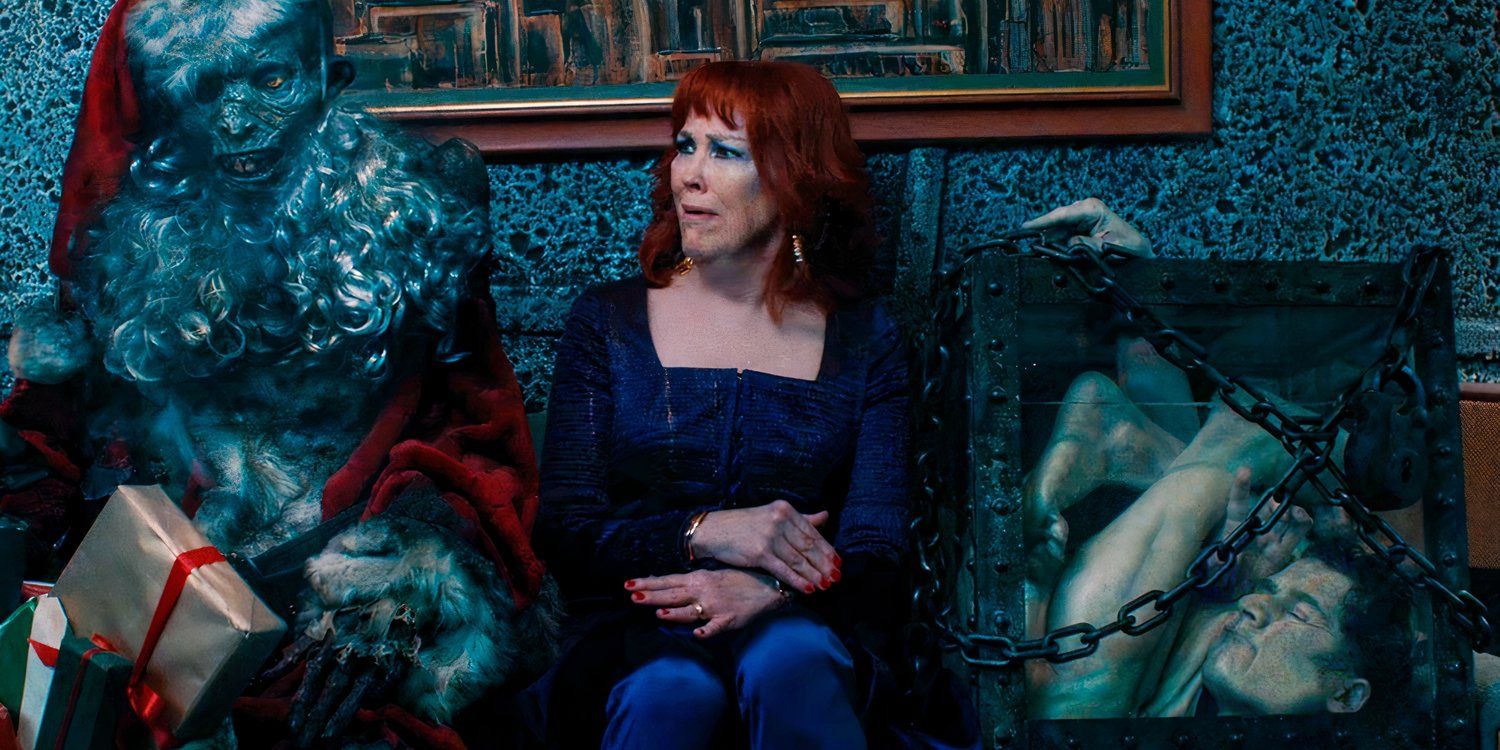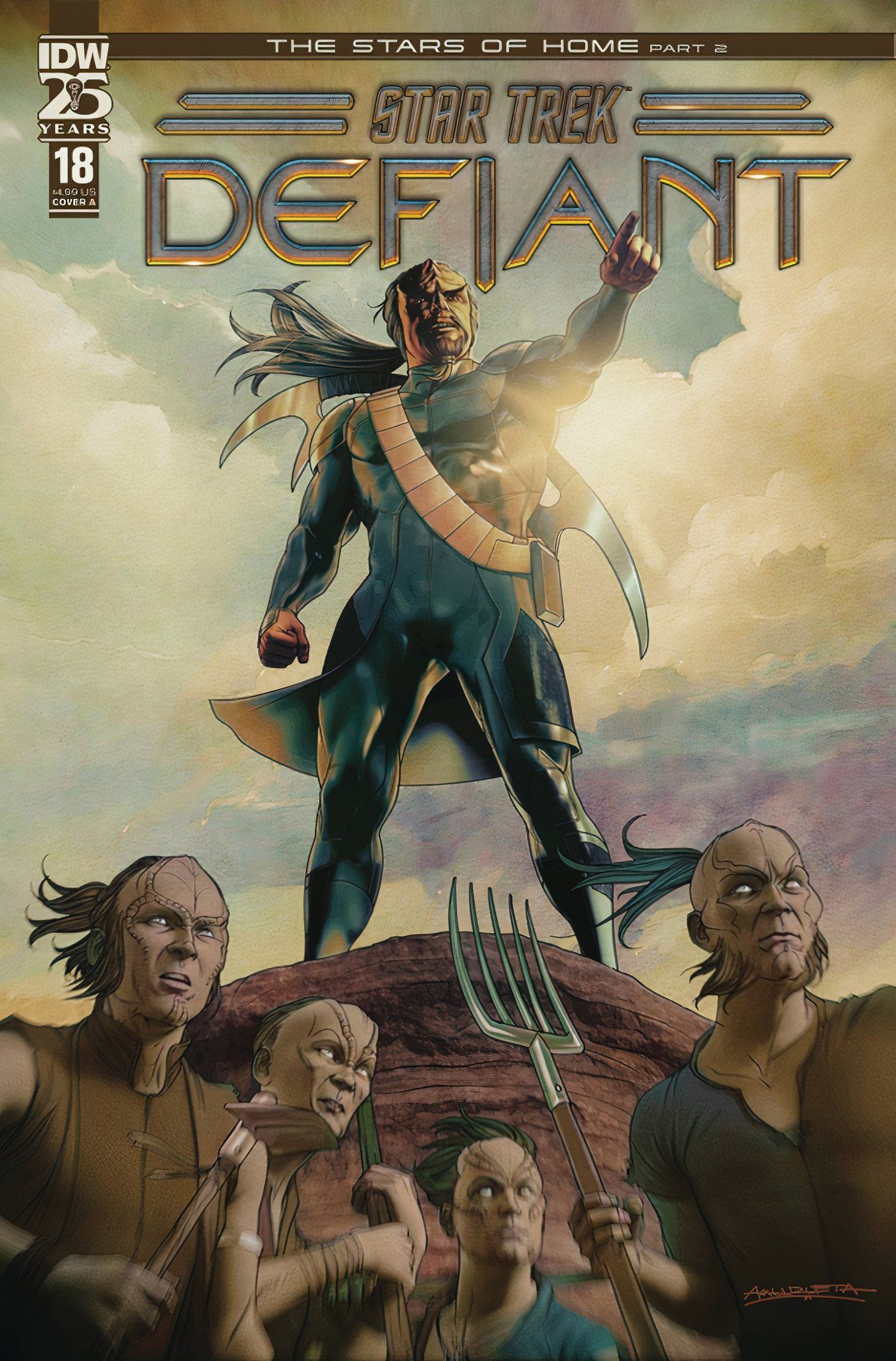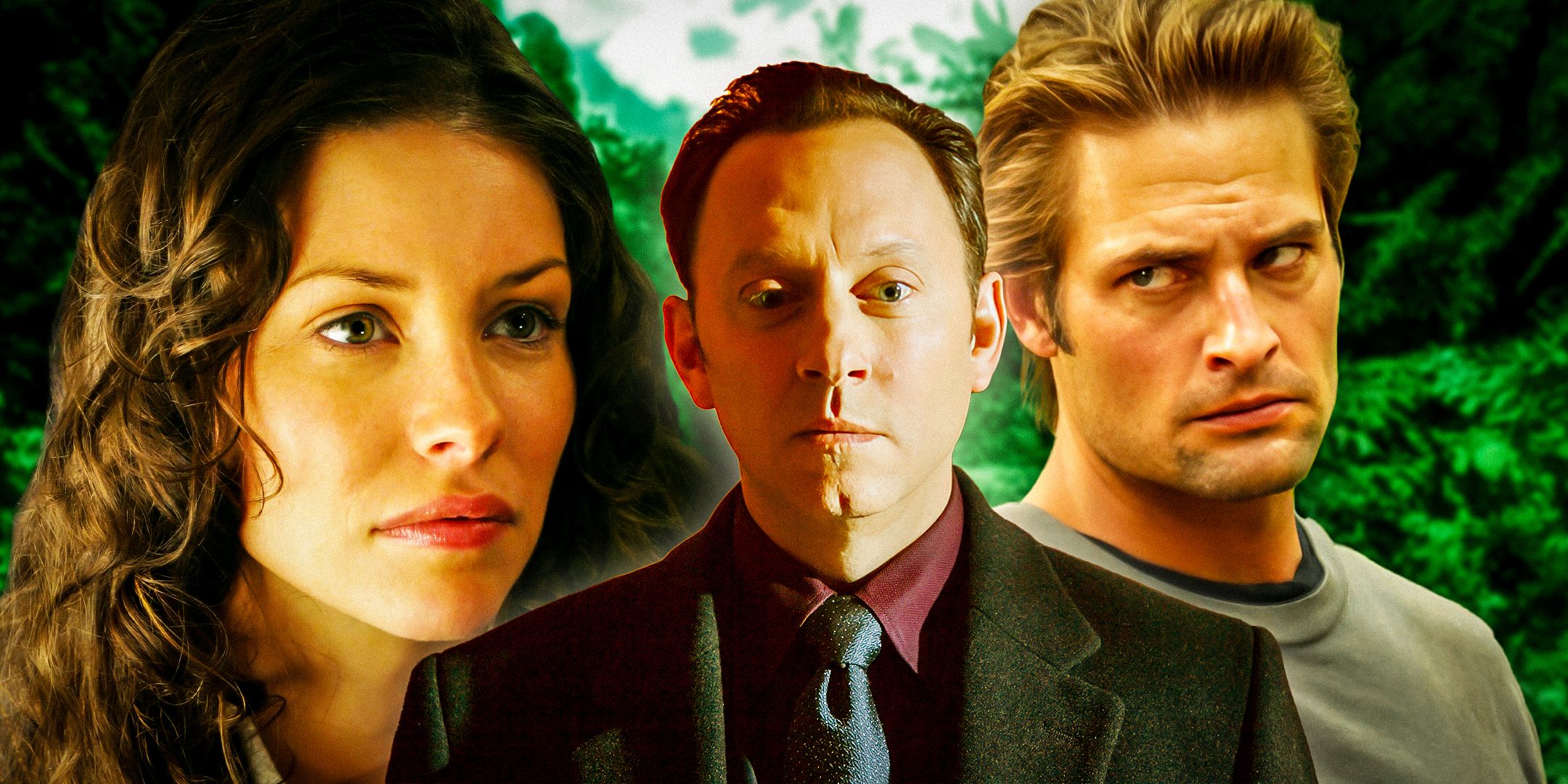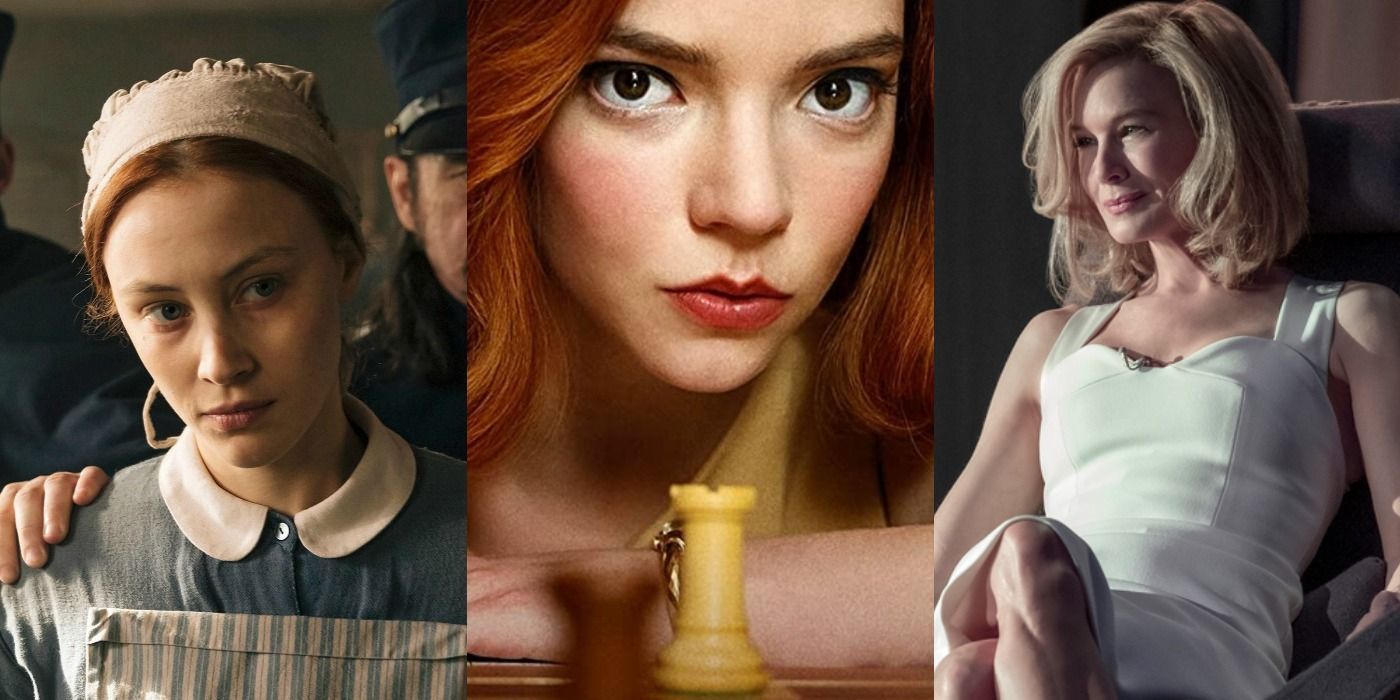The ending to the 1998’s The Truman Show has stood the test of time due to the fact that it is emotionally resonating. Dealing with the everyday life of its titular protagonist, The Truman Show finds him living in a gigantic set that is planted with actors and fake scenarios with Truman’s very existence serving as the basis for a reality show. Tackling the obsession of people with reality television while also exploring larger notions of philosophy, the trio of director Peter Weir, writer Andrew Niccol, and leading man Jim Carrey stick the landing with an ending for the ages.
Even though The Truman Show‘s ending still follows a straightforward approach as compared to other existential Jim Carrey dramas, like Eternal Sunshine of the Spotless Mind and Man on the Moon, it opens the scope for a larger conversation. Truman Burbank’s struggle to distinguish between the reality and falseness of his life makes for an interesting discourse on perception of the very world that the audiences live in. But with Truman finally chancing upon the truth and struggling to “direct” his own life, a larger theme of mental independence is also touched upon.
What Happens In The Truman Show’s Ending?
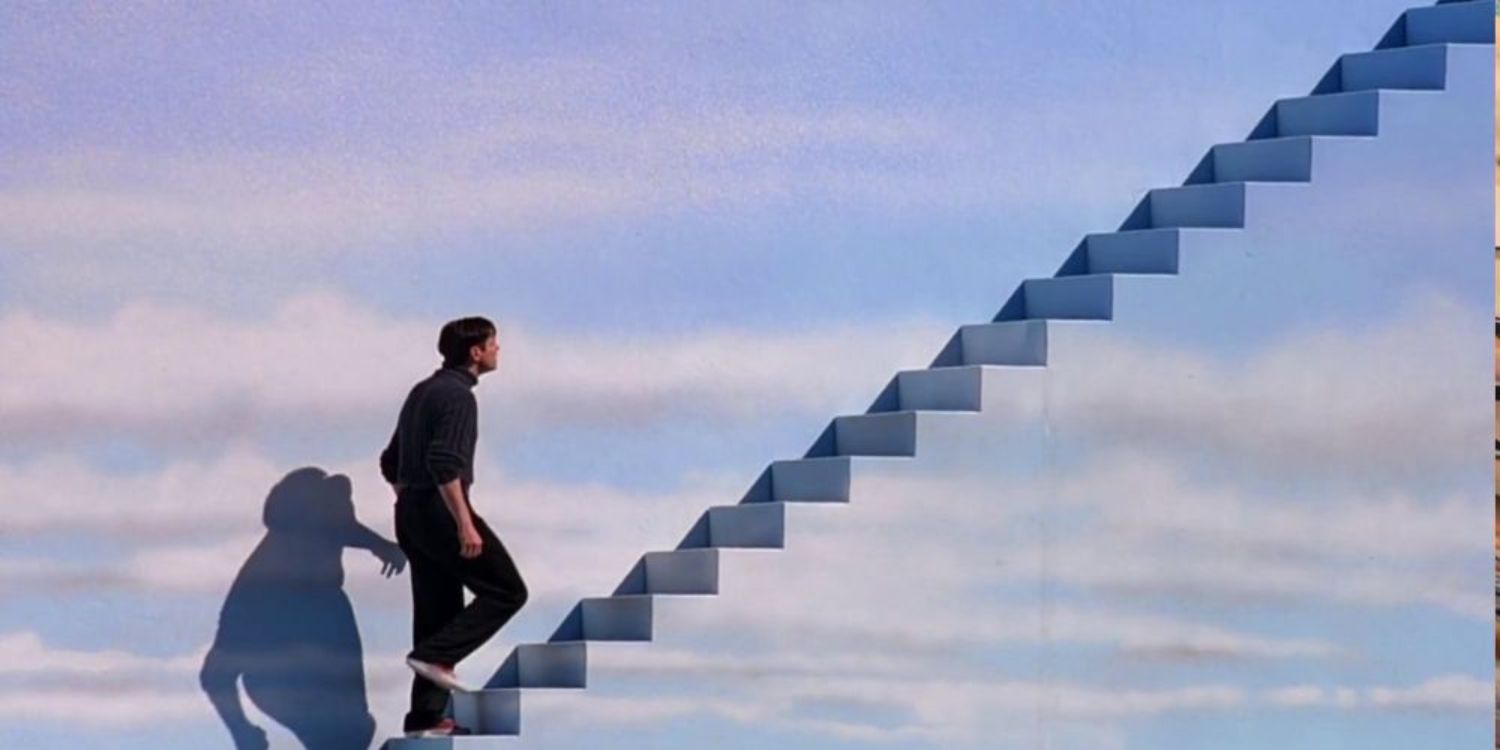
Contrary to the efforts of some cast members to sabotage the show, director Christoph tries his best to keep Truman within the limits of the fake town of Seahaven. Desperate to venture out to the real world, Truman gets over his fear of water and sets out to the sea in a small boat. Christof tries to capsize the boat by triggering a violent storm but Truman still swims to safety, making it to the exit door of the set and planning his big move. Pressured to continue the show, Christoph tries to convince Truman that he can still lead an easy life if he remains in the artificial world.
Finally making his choice to live as a free individual, Jim Carrey’s tragic protagonist utters his trademark line one last time: “In case I don’t see you… good afternoon, good evening, and good night”. Truman bowing and leaving with a smile implies that he’s still thankful for his audiences despite having lived a lie of life for them. With the sun shining over him, The Truman Show ends on an optimistic note. The protagonist’s future is uncertain but he at least has someone who can help him in this journey as even Sylvia (who acted as his college mate) rushes to greet him in the end.
The Viewers Need To Find A New Show Now
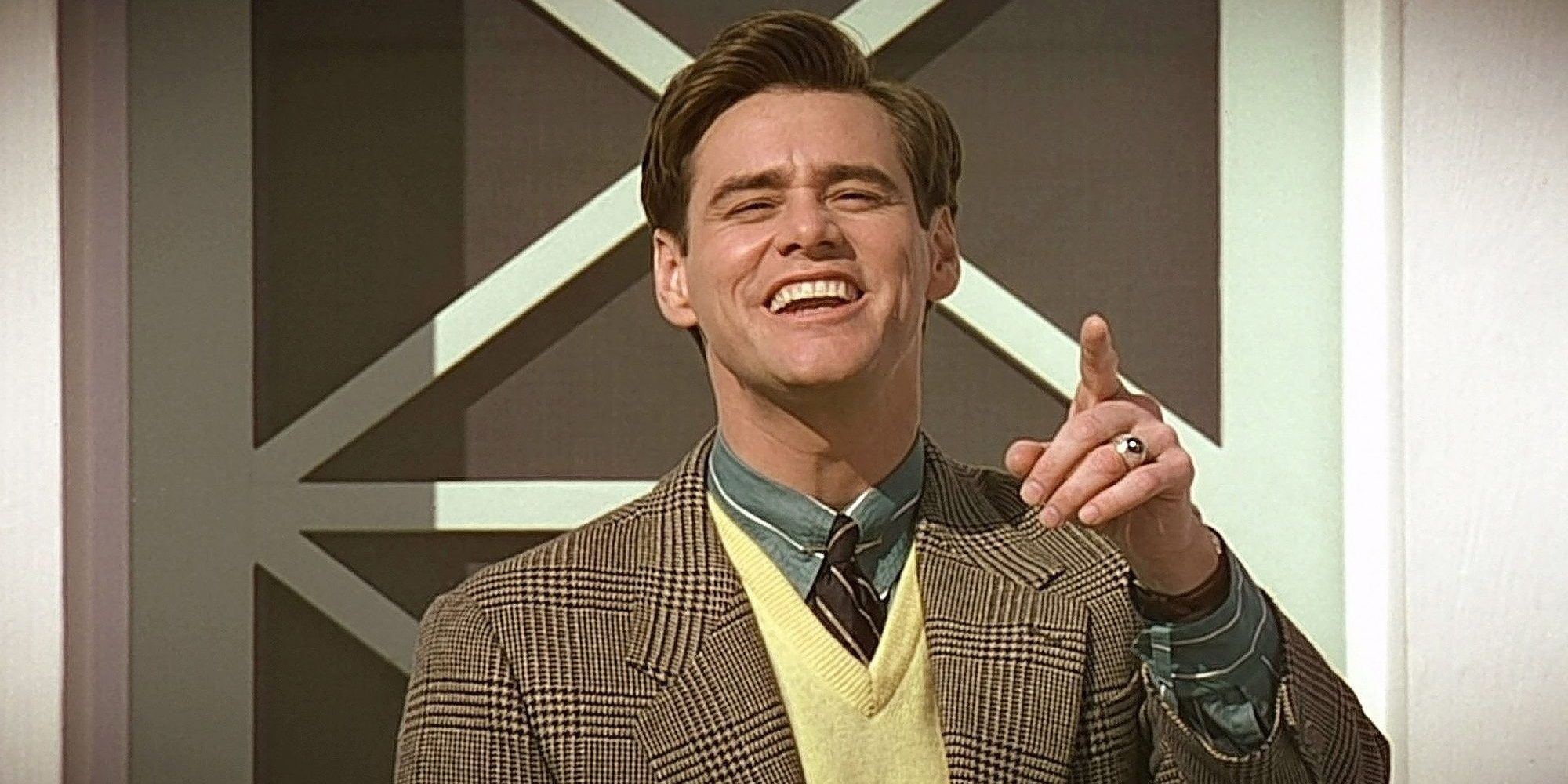
The hopeful conclusion to the show marks a defeat for Christof, who had dedicated his entire life and creative prowess towards developing the most realistic show possible. Even though The Truman Show wouldn’t get a sequel, the audiences still have nothing left to lose as they would soon hop to another television show to get engrossed in. With the show’s viewers empathizing for Truman’s lack of agency, they cheer for him once he finally leaves Seahaven. The final seconds of the film even find the viewers asking what else is on television, a satirical look at the average American capitalist consumer who must seek a new product now.
Christof Can Be Both God And The Devil
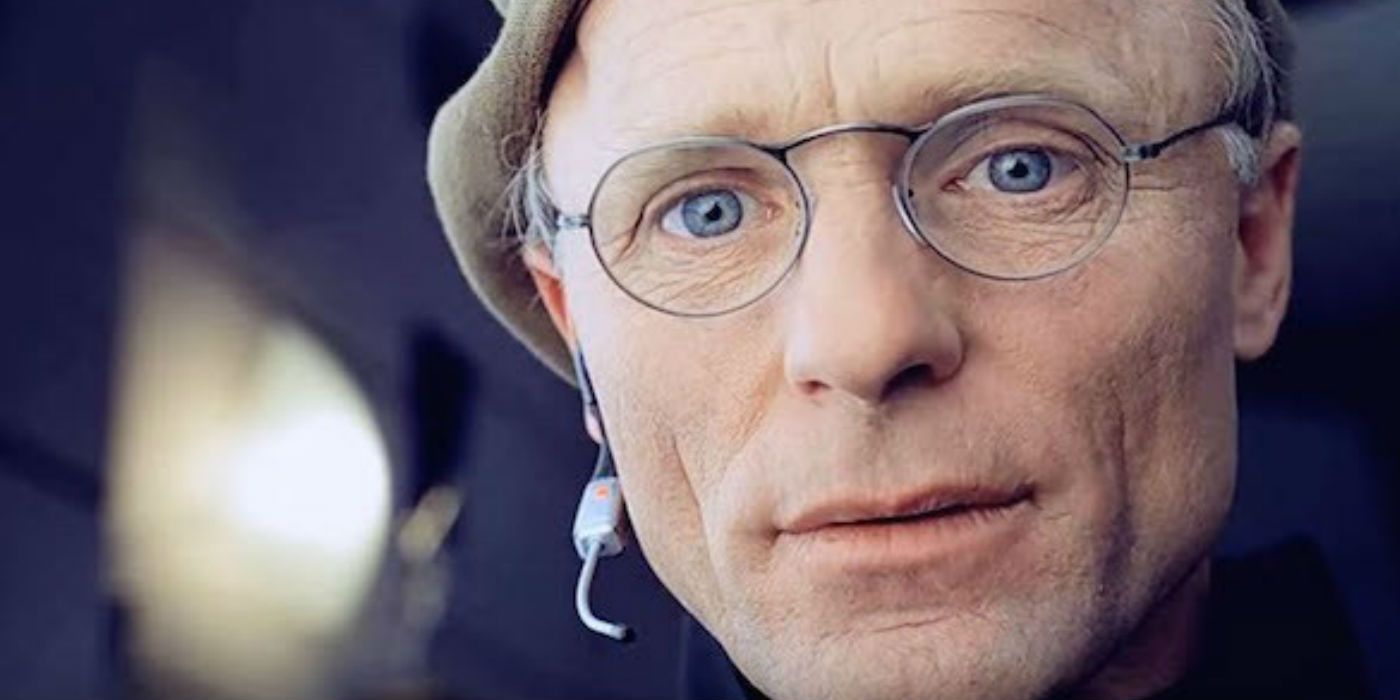
All through the film, Truman can hear Christof’s voice through the set’s audio systems, much like God appearing in visions from the sky. While he’s not exactly like the Jesus figures seen in Zack Snyder movie, Truman can still be seen as a mortal questioning his own faith, with Christof serving as the god-like figure from Abrahamic religions. Again, much like the gods in several mythologies, Christof doesn’t only create Truman’s world but also has the ability to manipulate the weather and change his environment. The cast and crew members can be equated to angels in this case as they do Christof’s bidding.
At the same time, an alternate viewpoint can suggest that Christof was actually Lucifer, creating an artificial world of temptation to lure in Truman. Of course, the real world will be full of inevitable pain and suffering as Christof himself warns Truman. Still, the man chooses to walk away from the devil’s darkness and walk towards the light. The sunlit stairway in the end reinforces this interpretation. Much like the Biblical personifications of evil like Belial, Christof thrives on fear which is encapsulated by Truman’s aquaphobia. However, in the ending, Truman gains enough enlightenment that he can overcome this fear and travel safely to the outside world.
How The Truman Show Predicted The Boom Of Reality TV?
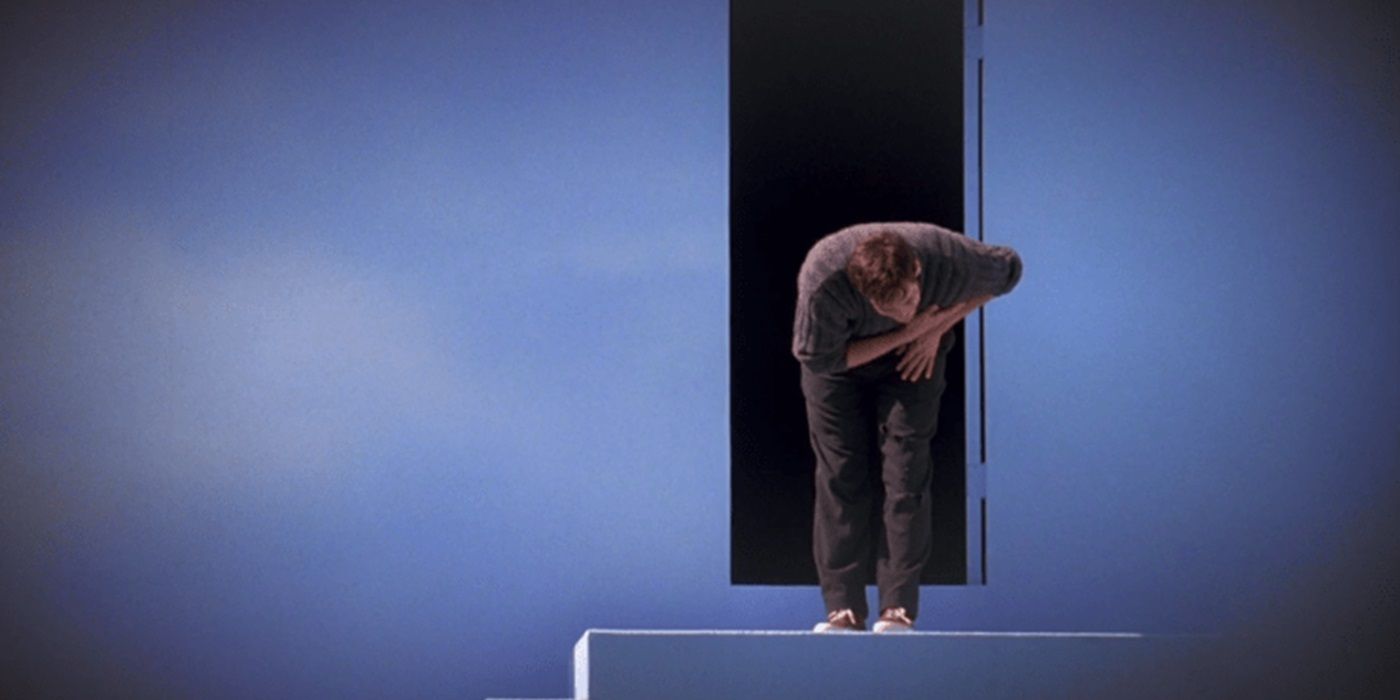
Even though the concept of a reality show existed way before the 1998 satire, The Truman Show‘s emphasis on the capitalistic potential of voyeurism could clearly be seen in the reality shows that sprung up from the 2000s. The Jim Carrey-starrer is arguably a pop culture phenomenon given how its themes foreshadowed the global interest in reality TV shows, such as Survivor, Big Brother, Bachelorette, and so on. While most of them are scripted, some meta-examples, like Nathan Fielder’s strangely real show, The Rehearsal, end up being closer to The Truman Show‘s vision (with most of the people on camera not knowing that they are being recorded).
The Real Meaning Of The Truman Show’s Ending
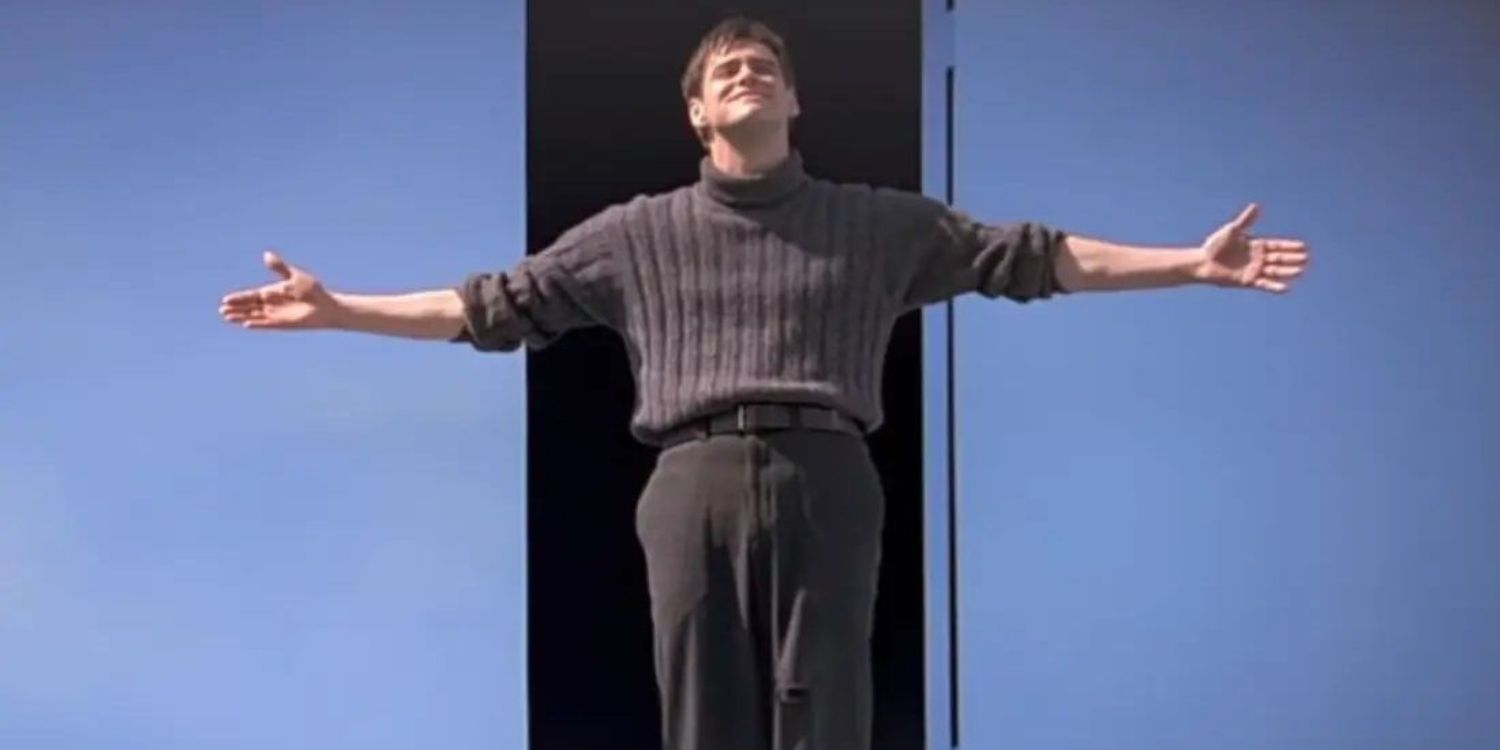
The Truman Show ultimately serves as a story of the human spirit in a fabricated reality. Even though similar narratives of a hero gaining similar consciousness are set in dystopian environments (Dark City, The Matrix, Blade Runner), The Truman Show is interestingly set in the picture-perfect town of Seahaven. The suburban appearance of the town, complete with the white picket fences, seem to reflect the illusion of the Great American Dream of the 1950s. In fact, Truman’s entire life so far has played out like a dream. Hence, the ending shows that Truman is finally read to step out of this dream and accept reality.

